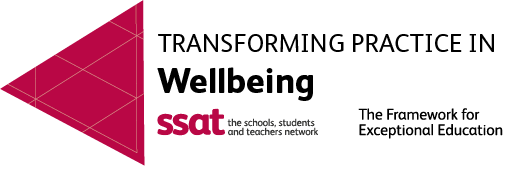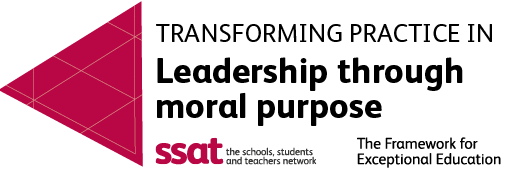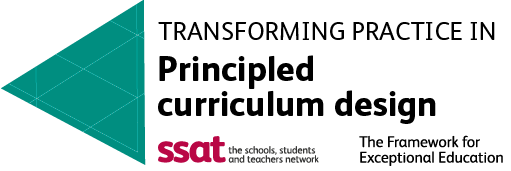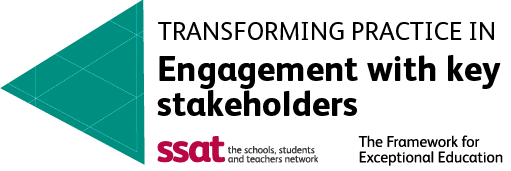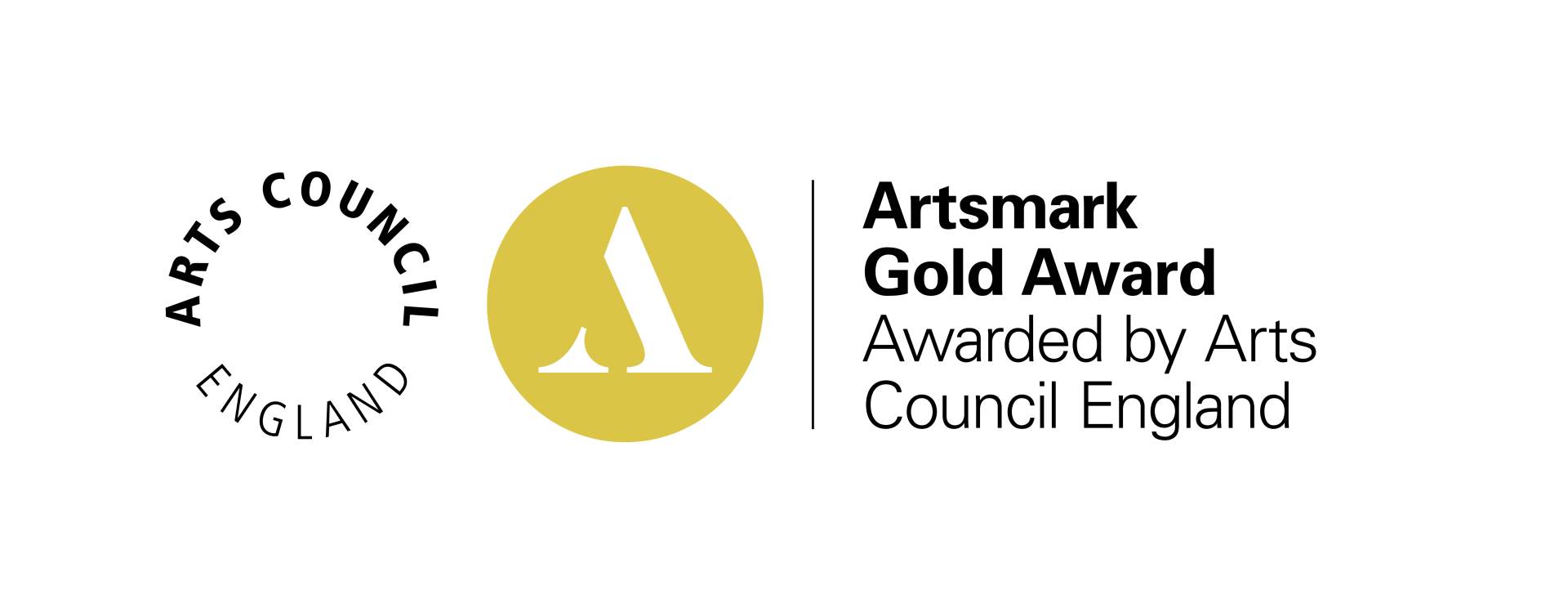Law (A Level)
Course Specification |
|
Subject Specific Entry Requirements |
Grade 5 in English Language; Grade 5 in English Literature or a humanities subject. APS* of 5 or above. * Your APS (Average Points Score) is the average of the GCSE points you achieve across your best 8 subjects including English Language and Maths. |
Costs Associated with this Course |
Students need to buy 2 textbooks (one in Year 12 and 1 in Year 13) both costing approximately £30 each. |
Why Choose Law?
Studying Law will enable you to develop an understanding of the role of Law in today's society and raise your awareness of the rights and responsibilities of individuals in society. By learning about legal rules and how and why they apply to real life, students will also develop their analytical ability, decision making, critical thinking and problem-solving skills.
All these skills are highly sought after by higher education institutions and employers whether or not you choose to pursue a legal career.
We are particularly proud that many students have gone on to pursue a legal career either by direct entry into the profession or studying Law at degree level.
Students will study case studies (case law) and the latest legal theories keeping content fresh, relevant and engaging. Topics are clearly structured and include:
- The English Legal System
- The Nature of Law
- Criminal Law
- Tort Law
- Human Rights Law
How will I be assessed?
A Level Law is a two-year course and is a fully examined subject (no coursework). In the summer term of Yr 13 there are three 120 minute assessments:
Paper 1 Criminal Law - 100 marks
Content: Criminal Law (75 marks), The English Legal System and The Nature of Law (25 marks).
2 hours long. A mix of multiple choice, short, mid and long answer questions including some criminal law scenario based questions which require the application of your legal knowledge to “real life” Criminal Law situations.
Paper 2 Tort Law - 100 marks
Content: Tort Law (75 marks), The English Legal System and The Nature of Law (25 marks).
2 hours long. A mix of multiple choice, short, mid and long answer questions including some Tort law scenario based questions which require the application of your legal knowledge to “real life” Tort Law situations.
Paper 3 Human Rights Law - 100 marks
Content: Human Rights Law (75 marks), The English Legal System and The Nature of Law (25 marks).
2 hours long. A mix of multiple choice, short, mid and long answer questions including some Human Rights law scenario based questions which require the application of your legal knowledge to “real life” Human Rights law situations.
What will I study?
You will study three mandatory topics and one optional unit (Human Rights Law).
Mandatory Units:
The Nature of Law and the English legal system: Here you will develop competence in using legal skills during the study of the Nature of Law and the English Legal System, and private and public areas of substantive law.
Criminal Law: In this unit students will study the rules and principles concerning general elements of criminal liability and liability for offences against the person (both fatal and non-fatal), property offences and attempts as well as possible defences.
Tort: In this mandatory unit students will study the rules and principles concerning liability and fault in actions for Negligence, Occupiers' Liability, Nuisance and Vicarious liability, and associated defences and remedies.
Optional Unit: (students will study one of these – most likely Human Rights Law)
Human rights - Rules and principles of law relating to the right to life, to liberty and security of person, to privacy, to freedom of expression, and to freedom of assembly and association, as recognised by the European Convention on Human Rights and in the United Kingdom.
In Summary
The A Level Law course is growing ever more popular. The course encourages debate and investigation into a wealth of societal issues. Students will gain a wide range of skills and experiences which underpin applications to Law careers or any other degree or next pathway.



 Safeguarding
Information
Safeguarding
Information Arbor
Arbor
